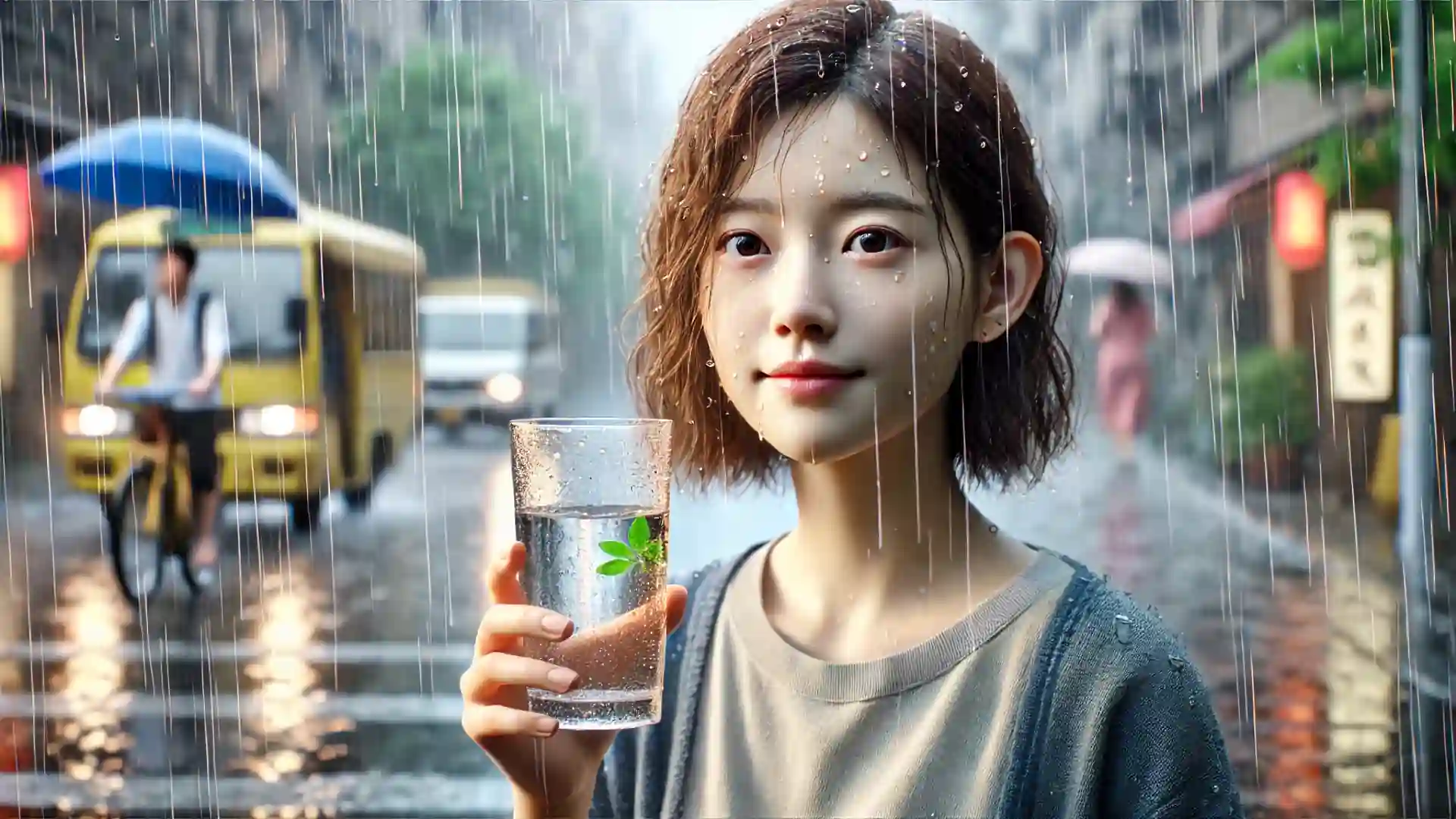Can You Drink Rainwater? Exploring the Safety and Benefits
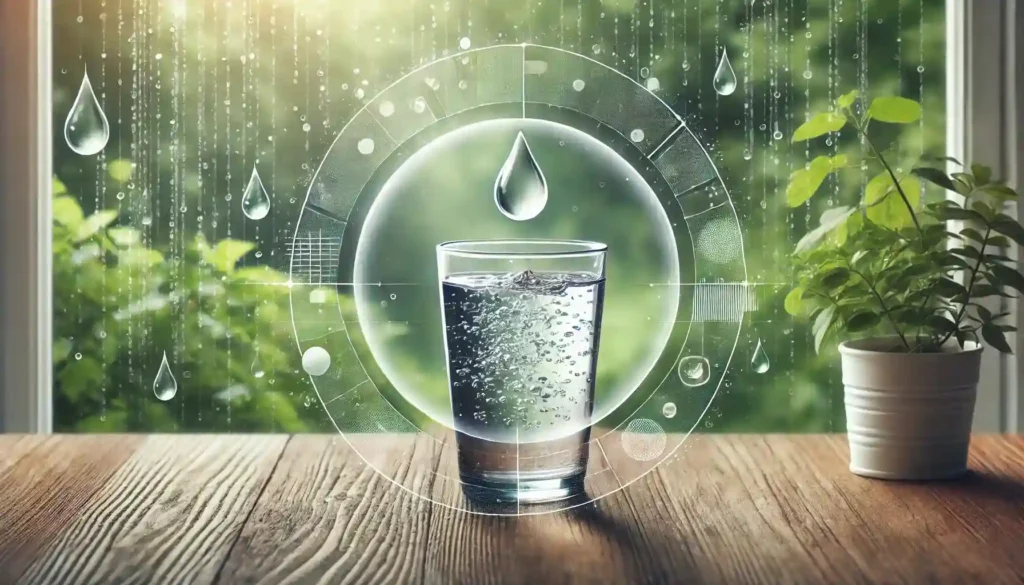
Rainwater is something we often take for granted. Have you ever wondered, Can you drink rainwater? Many people think it’s safe, but is it really? In this article, we will explain everything you need to know about drinking rainwater. From safety concerns to natural purification methods, we’ve got it all covered.
Is Rainwater Safe to Drink?
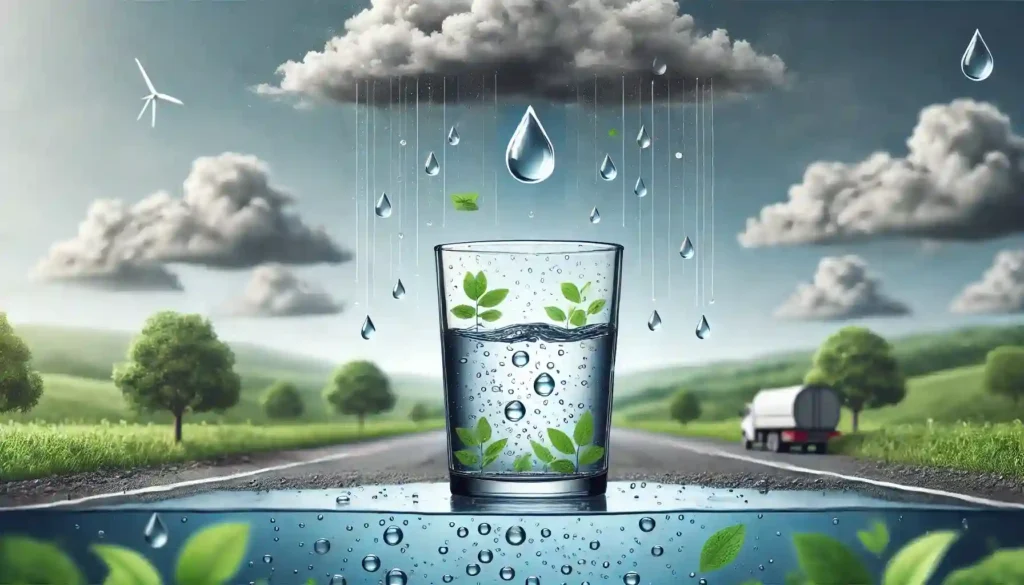
The idea of drinking rainwater may sound appealing to some. After all, rainwater is pure, right? But the truth is, rainwater’s safety depends on many factors. Rainwater is not always as clean as it seems. Pollution, airborne contaminants, and the collection process can make it unsafe for drinking. So, is rainwater safe to drink? Not always.
Water plays a vital role in our daily lives, but its consumption varies based on different situations. During Ramadan, Muslims fast from dawn to sunset, raising the common question: Can You Drink Water During Ramadan 2025? While fasting, drinking water is not allowed, but after sunset, hydration becomes essential.
Is It Safe to Drink Rainwater Directly?
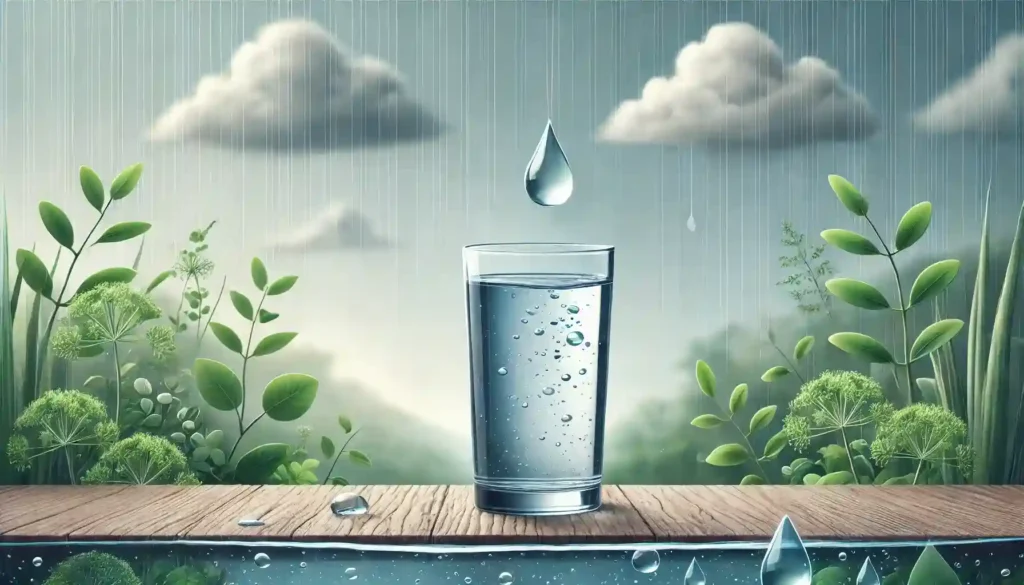
You may have heard that drinking rainwater directly is dangerous. This is often true. When rain falls, it collects pollutants from the air. These pollutants can be harmful to your health. It’s also important to consider where the water lands. Rainwater collected from roofs, for example, may contain harmful chemicals or bacteria.
However, in some areas with low pollution, drinking rainwater might be safer. In any case, it’s better to purify it before consuming. So, is it safe to drink rainwater directly? Only if it’s properly filtered and purified.
Can Rainwater Affect Your Health Like Energy Drinks?
Yes, Unfiltered rainwater contains pollutants that may harm your health. Can energy drinks kill you the same way? Both rainwater and energy drinks can introduce harmful substances. High caffeine levels in energy drinks may cause heart issues. Long-term effects depend on how much you consume.
Is Rainwater Clean?
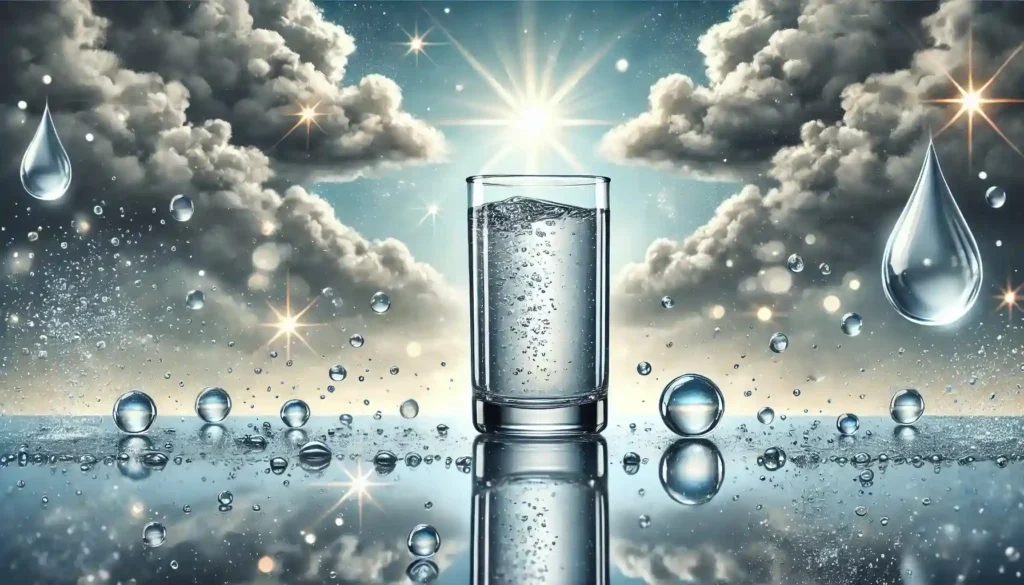
Rainwater can appear clean, but is it really? The answer isn’t as simple as it seems. Rainwater starts its journey in the sky, where it picks up dust, pollutants, and particles. By the time it reaches the ground, it may be full of contaminants. These contaminants can affect both your health and the environment. The cleanliness of rainwater largely depends on your location and air quality. In remote or less industrial areas, it might be cleaner. But in cities, it often contains dangerous pollutants.
Benefits of Drinking Rainwater
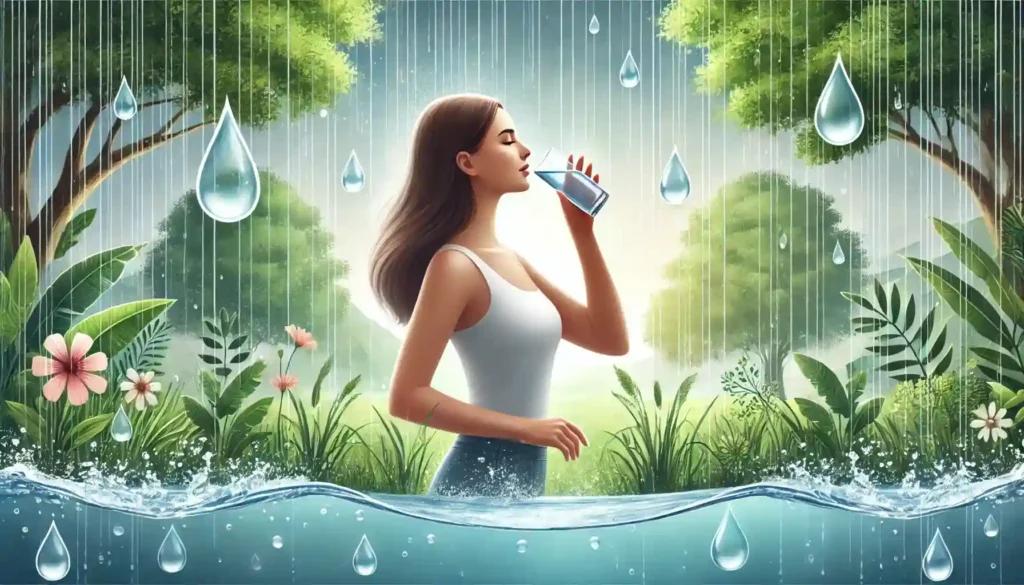
Now, let’s explore the potential benefits of drinking rainwater. Rainwater is often considered a natural source of hydration. Some believe it’s better than regular tap water because it’s free from chemicals like chlorine. Additionally, it may contain natural minerals that can be beneficial to health. In some cultures, people drink rainwater for its perceived healing properties. However, it’s important to purify rainwater before drinking to fully enjoy its benefits.
Rainwater is also eco-friendly. If you collect rainwater for drinking, you reduce your dependence on municipal water supplies. This can be especially helpful during water shortages or in areas with limited access to clean drinking water. When treated properly, rainwater can provide a safe, cost-effective alternative to tap water.
How to Purify Rainwater for Drinking Naturally
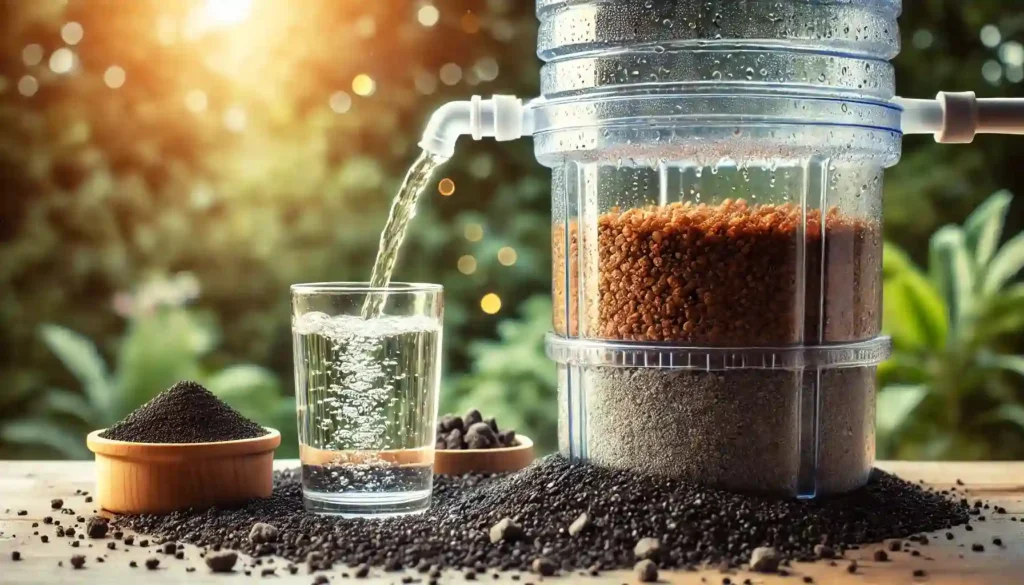
Purifying rainwater before drinking it is essential. The good news is, there are natural ways to do it. One method is using a simple filtration system. You can create a basic filtration system using sand, gravel, and charcoal. This will help remove larger particles from the water.
Another natural purification method is boiling. Boiling rainwater kills harmful bacteria and pathogens. Simply bring the water to a rolling boil for several minutes. After boiling, let it cool down before drinking. This ensures the water is safe for consumption.
For better results, consider using UV purifiers or reverse osmosis systems. These systems are highly effective in removing contaminants. They might require an initial investment, but they guarantee clean, safe drinking water.
Can You Drink Rainwater at Sea?
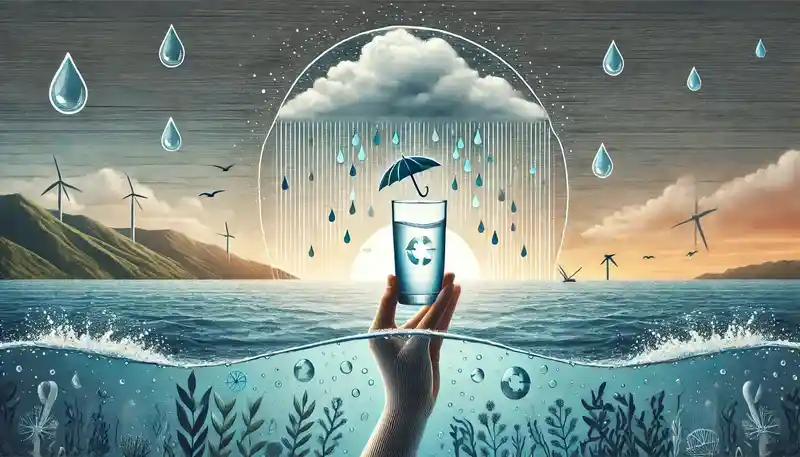
Now, you might wonder, “Can you drink rainwater at sea?” The answer isn’t as straightforward. In some areas, rainwater may be clean enough to drink, even near the ocean. However, seawater can be full of bacteria, viruses, and salt. These contaminants can affect the quality of the rainwater.
If you are in an isolated, clean area, drinking rainwater from the sea may be safe. But, it’s still better to purify it. Always check the local water quality before consuming rainwater near the sea. It’s always best to be cautious when it comes to drinking water.
Can You Drink Rainwater After Boiling It?
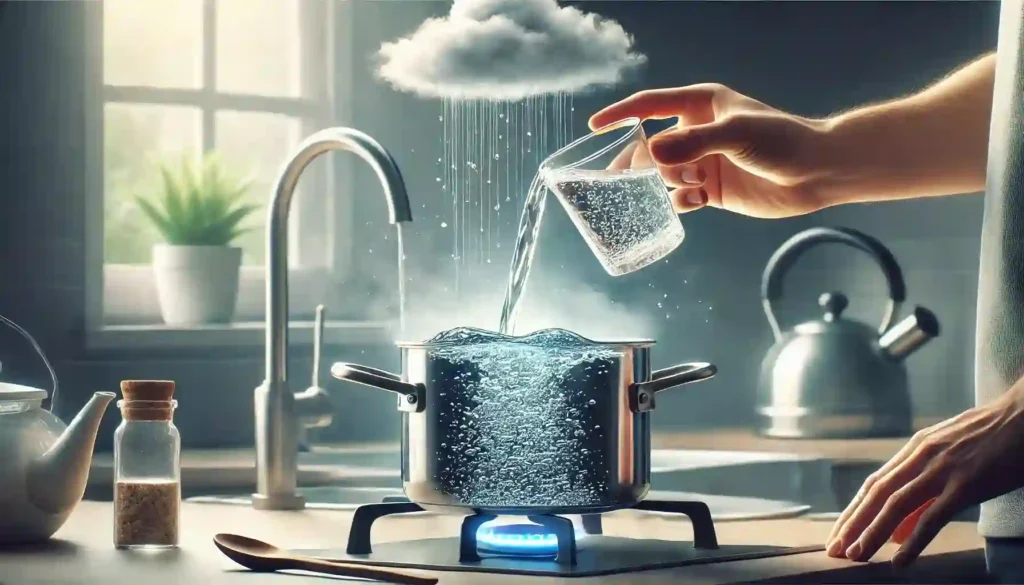
One of the safest ways to drink rainwater is by boiling it. But, can you drink rainwater after boiling it? The simple answer is yes. Boiling rainwater kills bacteria and pathogens that could cause harm. After boiling, let the water cool down to a safe temperature.
Even after boiling, make sure to filter the water to remove any remaining particles. When you combine boiling and filtration, you’re ensuring the water is clean and safe to drink. Boiling is an easy and effective method to purify rainwater at home.
Is Rainwater Safe to Drink Before It Hits the Ground?
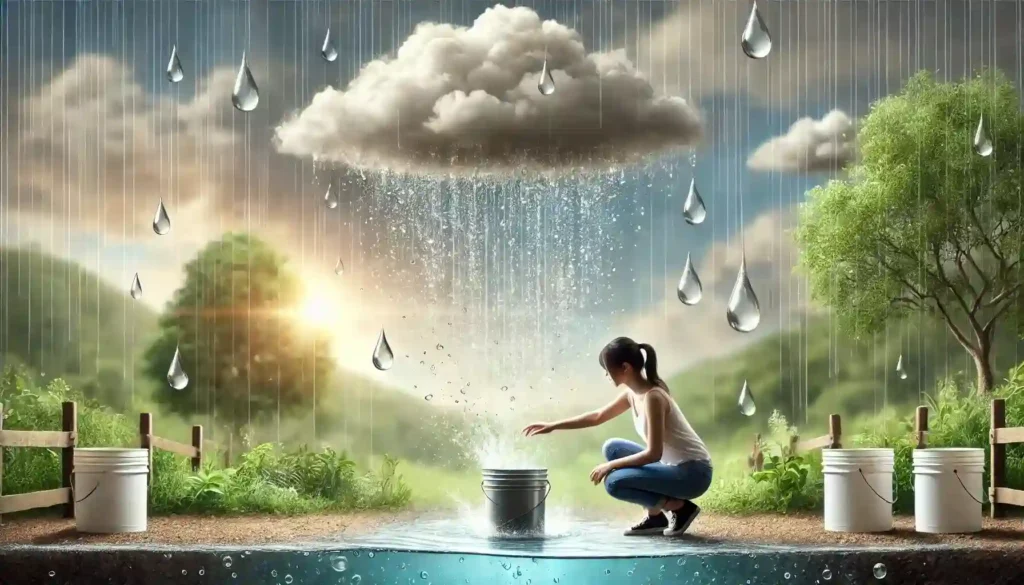
You may be curious about collecting rainwater before it hits the ground. Is rainwater safe to drink before it hits the ground? In theory, yes. Rainwater, if collected directly as it falls, may be cleaner than water that has touched surfaces. However, this depends on your location and air quality. In urban areas, even raindrops can contain pollutants.
In rural areas, where the air is cleaner, rainwater may be safer to drink immediately after collection. To make sure it’s safe, always purify the water. Whether it’s filtered or boiled, purifying the rainwater is essential.
Is Rainwater Safe to Bathe In?
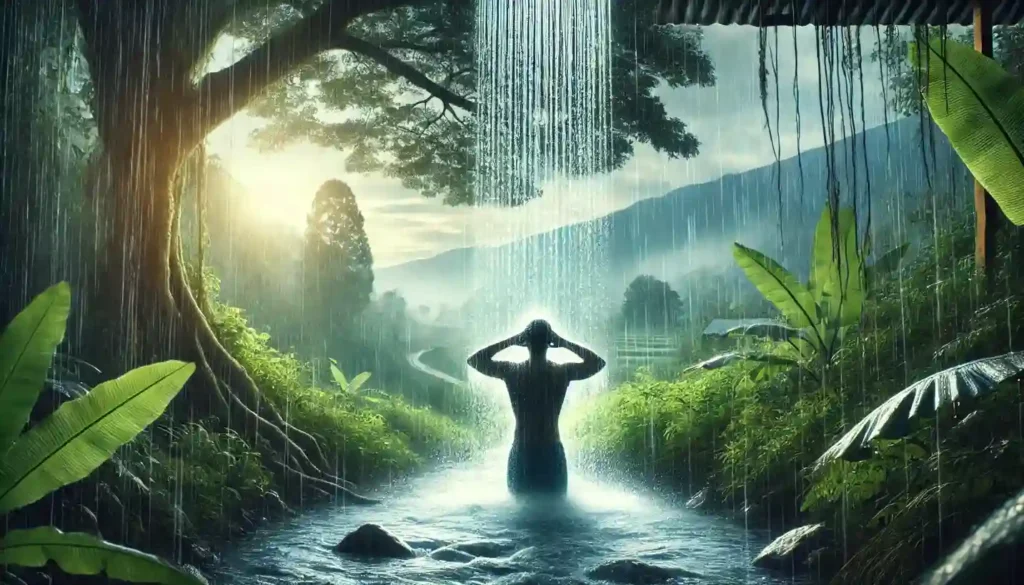
Apart from drinking, many people wonder if rainwater is safe to bathe in. Rainwater is often used for bathing in many parts of the world. It’s generally safe for bathing, as long as it’s collected and stored properly. However, it’s important to avoid using rainwater in areas where there is heavy pollution.
If you’re using rainwater for bathing, ensure it’s stored in clean containers. Also, consider purifying it before use if you live in an area with high air pollution. Bathing with rainwater can be a refreshing and eco-friendly experience, but cleanliness matters.
Conclusion
In conclusion, the safety of drinking rainwater depends on various factors like location, air quality, and how it’s collected. While it’s possible to drink rainwater, it’s essential to purify it to avoid harmful contaminants. Boiling, filtering, and using UV purifiers can ensure your rainwater is safe.
Always check the water quality in your area before deciding to drink rainwater. If you’re unsure, consider the benefits of rainwater collection for other purposes like bathing or gardening. Ultimately, rainwater can be a great resource if treated properly.
Remember, safety is key when it comes to drinking rainwater. Explore different purification methods to ensure that the rainwater you consume is free from contaminants. Stay hydrated, stay healthy, and enjoy the natural benefits of rainwater.

